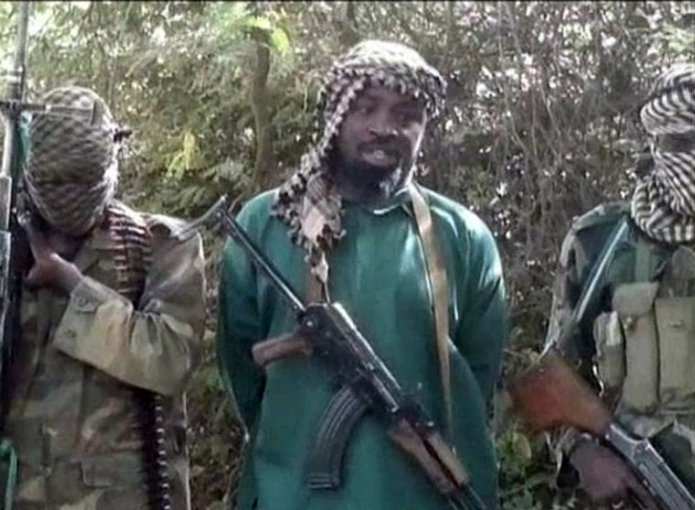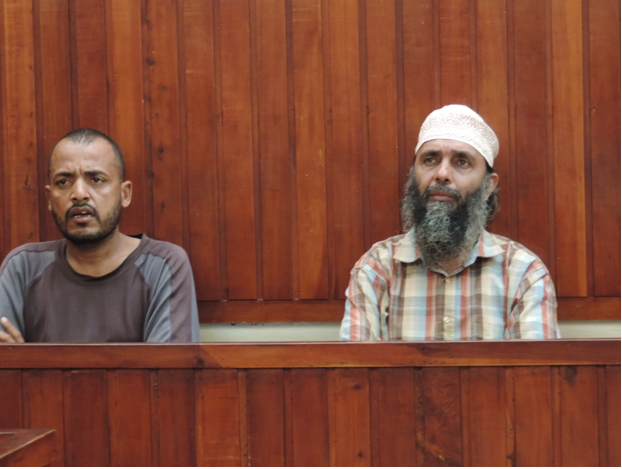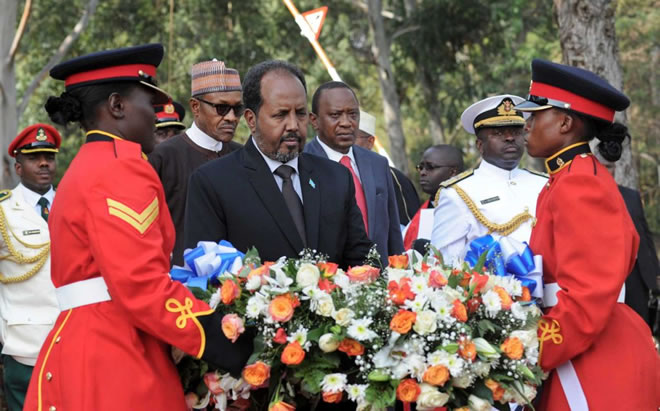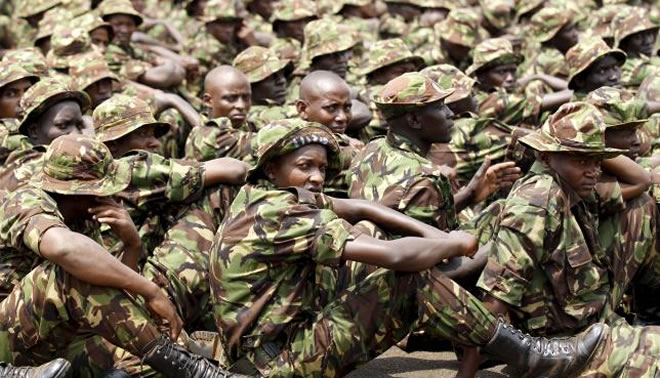Few central bank chiefs have been jailed by a dictator or hide a loaded pistol in their desk draw, should Islamist militants decide to call. Bashir Issa Ali has done all that, and now he wants to recreate Somalia’s currency from scratch.
Serving his third term in a long career interrupted by exile, disputes with the government, and the spell in prison, Ali wants Somalia to print its first banknotes since the 1980s to help rebuild an economy emerging from decades of chaos at the hands of Islamist and clan militias.
The tattered shilling notes still in circulation – worth about 4 U.S. cents – are emblematic of Somalia’s descent since 1991, when dictator Mohamed Siad Barre was toppled by warlords who carved up the country into personal fiefdoms.
“We absolutely need a new currency,” said Ali, who this time became central bank governor in 2013, adding that the existing notes “are old, they’re torn, they’re dirty and they’re fake”.
Ali needs to do more than just print new banknotes. Most urban Somalis have given up on the shilling and do their daily business using a mobile phone payment system, with transactions denominated in dollars.
Therefore he must create a new currency that can be used by Somalis who have no mobile phone, while winning back those who no longer use shillings by choice. The currency will also need a new system to fix its foreign exchange rate if it is to become credible.
Somalia’s capital of Mogadishu is changing fast. Hotels and restaurants have sprouted from the rubble since African Union troops wrested control of the city from al Shabaab Islamist militants in 2011. The government, however, has struggled to build a financial system and pull the country’s 12 million people out of poverty.
Shoring up the economy is vital to securing the military gains and stopping Somalia being a haven for the likes of al Qaeda, which is aligned to al Shabaab. Both groups have staged bomb attacks in the region and threatened Western targets at home and abroad.
Ali, 73, has led efforts to rebuild the financial sector over the past decade. In 2005, he returned to East Africa from exile in Sweden to re-establish the central bank, whose headquarters lay in the bombed out ruins of Mogadishu. In the early months, he paid the first few employees out of his own pocket.
PRESSURE TO PRINT
Ali said some Western diplomats, whose nations help pay salaries of soldiers and civil servants, fear the government may push the central bank to print money to plug budget deficits.
“But that’s not the case. We will never give them a penny,” said Ali, whose predecessor at the bank quit after seven weeks at the job citing corruption at the heart of government.
A Western diplomat said Ali – at a stage in his career when he need no longer worry about political patronage – had resisted government pressure in the past, which was a good sign. “He doesn’t have much to lose. He can say ‘no’ to people who ask for money,” said the diplomat.
The spruced up headquarters for the bank’s 110 employees points to progress made over the past decade but the pace of change has been frustratingly slow, with funding shortages and dearth of qualified financial experts hurting Somalia.
The same problems dog Ali in his efforts to print the new currency. “We don’t have the financing,” he told Reuters on a visit to the Kenyan capital of Nairobi.
The 1,000 shilling banknote is the only Somali bill in use, and so small is its value that money changers in the Mogadishu bazaar need wheelbarrows to move about any meaningful amounts.
The Central Bank of Somalia estimates about 1.3 trillion shillings ($56 million) are in circulation, but this includes counterfeit currency printed by warlords who used the fake notes to prop up their militias.
Ali said Somalis accept the forged notes due to chronic shortages of the authentic pre-war currency. “People use it even though they know it’s fake,” he said.
Since the central bank last printed notes, the economy has become virtually dollarised. In bustling bazaars and restaurants most Somalis use the electronic mobile phone payment system, known as EVC. Dollar bills also circulate, with shillings used only as small change.
Yet Ali said the poor, elderly and those who do not own phones need a new currency that is credible and practical. He estimates printing costs at $20-$22 million for banknotes of 1,000, 2,000, 5,000, 10,000 and 20,000 shillings.
Seeking help from the International Monetary Fund (IMF), Ali has proposed Somalia adopts a “currency board” to peg the shilling to the dollar, a system used by Hong Kong since 1983.
LOADED PISTOL
Ali left the central bank for the first time in 1982 when he fell out with the then finance minister, who was Barre’s brother. In 1988, the dictator imprisoned Ali for six months along with dozens of intellectuals and businessmen.
His second stint ended in 2010, when he resisted a government plan for Sudan to print a new Somali currency. Boxes of those banknotes remain stacked in a warehouse in Khartoum, he said.
Since 2013, Ali has tried to build a financial system, inviting foreign banks to open offices in Mogadishu, joining remittance companies who form the cornerstone of Somalia’s banking system and act as a lifeline for millions.
None has taken up the offer. “They are highly interested but there is always the concern of security,” Ali said.
Ali has himself been threatened, and two of his employees have been killed in al Shabaab attacks in Mogadishu. That’s why Ali keeps the pistol in his desk, with a bullet loaded in the chamber.












